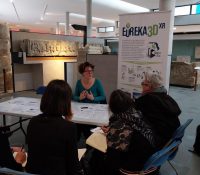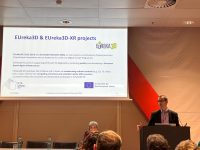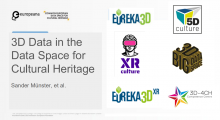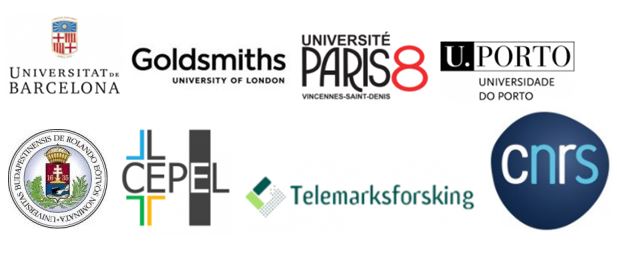 Work package 1 of the UNCHARTED project, leaded by the University of Barcelona, is devoted to the analysis of the configuration of the values of culture.
Work package 1 of the UNCHARTED project, leaded by the University of Barcelona, is devoted to the analysis of the configuration of the values of culture.
It carries out a first analysis about how the values of culture in Europe are constructed examining the influence of a series of circumstances and key factors in shaping these values.
The research conducted so far, which involved 7 members of the UNCHARTED Consortium, have produced the following reports:
D1.1 Analysis of the influence of gender and rising diversity in the configuration of the values of culture.
The report has a double purpose. Firstly, it seeks to identify the factors that led the rising diversity and increasing gender equality in European societies in recent times. Secondly, it aims to analyze how these factors impact on the shaping of values of culture in three specific areas: institutionalized culture, cultural administrations and cultural policies, and citizen culture.
D1.2 Analysis of the influence of urbanisation and social and spatial segregation in cities in the configuration of the values of culture.
The report takes into account the major paradigm changes in the recent urban development by focusing on the social processes of gentrification, touristification and segregation, and its consequences on urban heritage preservation.
D1.3 Analysis of the influence of globalization and digitization in the configuration of the values of culture.
The report provides a review of values of culture relating to cultural administration, production and participation. The main strands of identified values are within the categories of access, engagement and identification, production/performance.
D1.4 Analysis of the influence of neo-liberalism in the configuration of the values of culture.
This deliverable reports about the results of the exploration, systematic review and analysis of the research
literature and existing data on the influence of neo-liberalism in the configuration of the values of culture.
D1.5 Analysis of the European historical and political experience in acknowledging and promoting the values of culture
The report questions the configurations in which European cultural policies attribute values to culture. It begins with a reflection on the meaning of value, then goes on to identify the numerous values identifiable in the history of cultural policies. It proposes a classification of the values and it describes the dynamics of emergence and transformation of the values attributed to culture in historical configurations.
Download the full text of each deliverable in the UNCHARTED download area
Link to the WP1 webpage



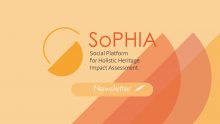
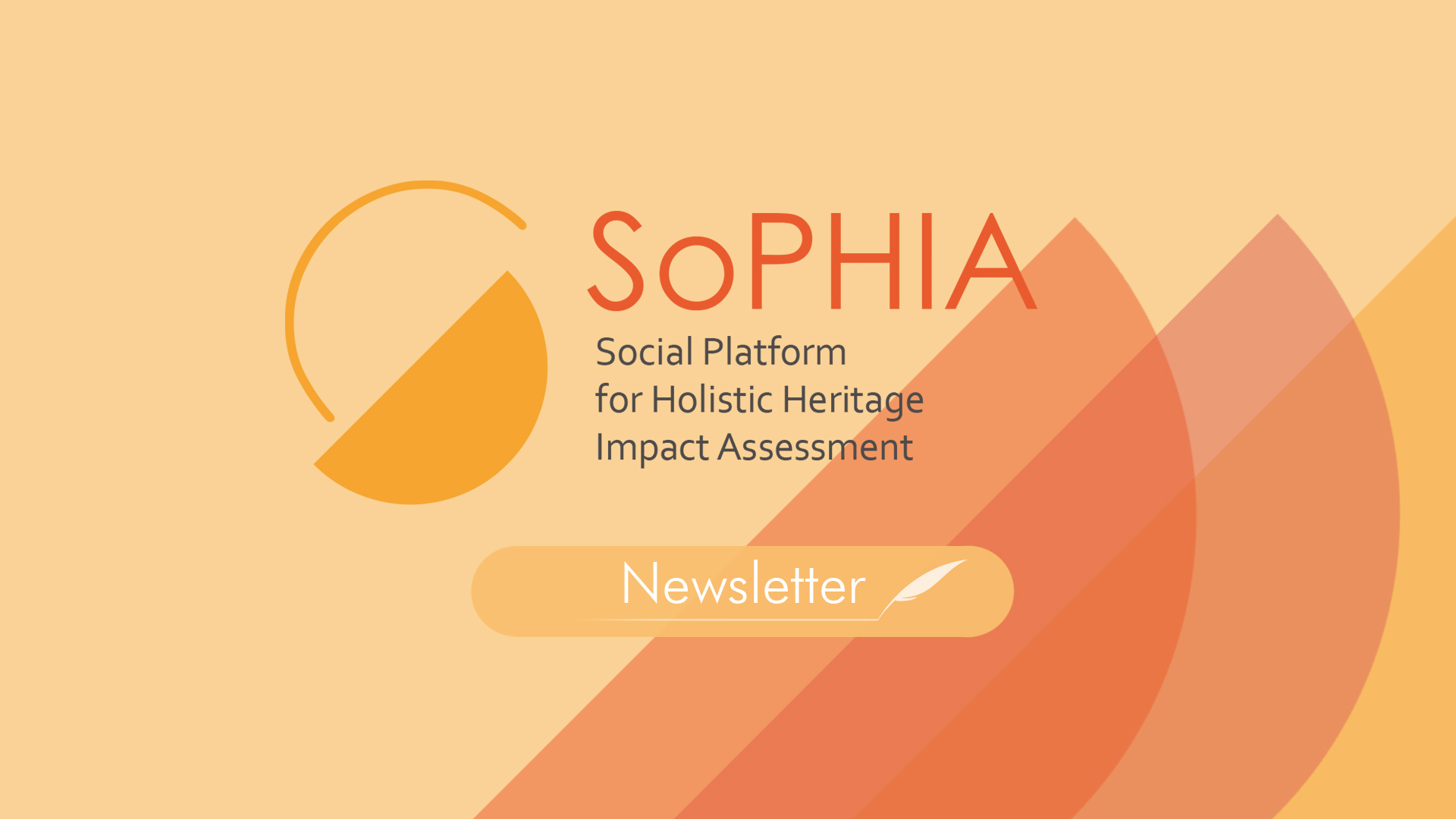 SOPHIA “Social Platform for Holistic Impact Heritage Assessment” aims to promote collective reflection within the cultural and political sector in Europe on the impact assessment and quality of interventions in European historical environment and cultural heritage at urban level.
SOPHIA “Social Platform for Holistic Impact Heritage Assessment” aims to promote collective reflection within the cultural and political sector in Europe on the impact assessment and quality of interventions in European historical environment and cultural heritage at urban level.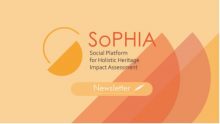
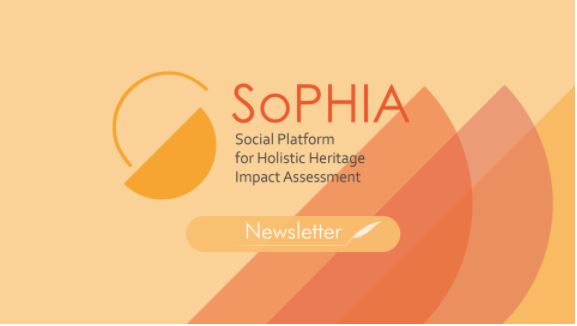 This first edition of the SOPHIA project Newsletter “Cultural Heritage and Impact Assessment” provides a general overview of the mission and challenges of the social platform. It invites to reflect on the importance to assess and evaluate projects dealing with cultural heritage by adopting an holistic point of view.
This first edition of the SOPHIA project Newsletter “Cultural Heritage and Impact Assessment” provides a general overview of the mission and challenges of the social platform. It invites to reflect on the importance to assess and evaluate projects dealing with cultural heritage by adopting an holistic point of view.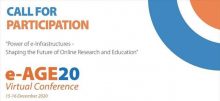
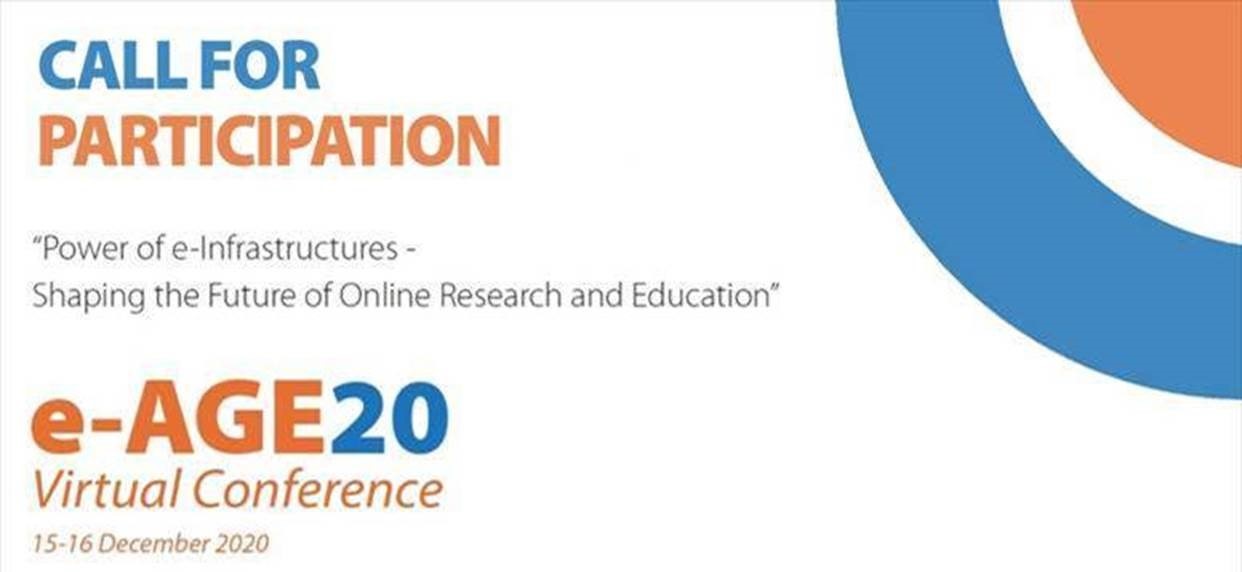
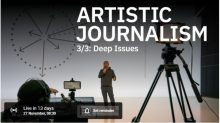
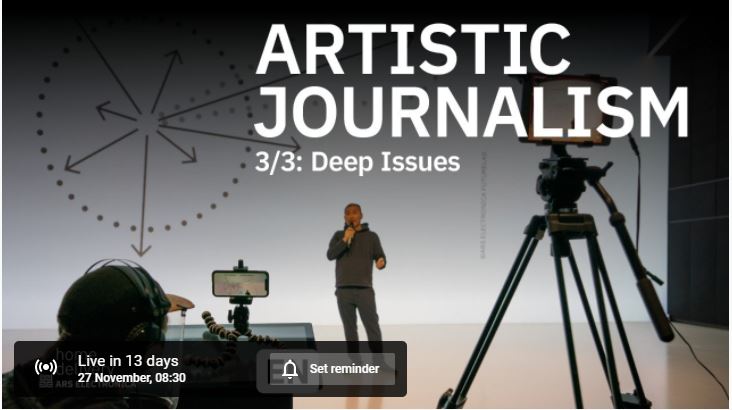 In the framework of its Home Delivery initiative, the Ars Electronica Center, organized a series of online classes focused on Artistic Journalism. Starting by the reflection on the dramatic social changes caused by the Covid19 pandemic, the classes present artistic journalism as a new media, place, and system for broadly experiencing and discussing the future and new challenges.
In the framework of its Home Delivery initiative, the Ars Electronica Center, organized a series of online classes focused on Artistic Journalism. Starting by the reflection on the dramatic social changes caused by the Covid19 pandemic, the classes present artistic journalism as a new media, place, and system for broadly experiencing and discussing the future and new challenges.
 OpenHeritage launched a series of online interactive workshops focusing on key aspects of adaptive heritage reuse. The project, which full title is “OpenHeritage: Organizing, Promoting and ENabling HEritage Reuse through Inclusion, Technology, Access, Governance and Empowerment”, focuses on the creation of sustainable models of heritage asset management and aims to empower the community in the processes of its adaptive reuse.
OpenHeritage launched a series of online interactive workshops focusing on key aspects of adaptive heritage reuse. The project, which full title is “OpenHeritage: Organizing, Promoting and ENabling HEritage Reuse through Inclusion, Technology, Access, Governance and Empowerment”, focuses on the creation of sustainable models of heritage asset management and aims to empower the community in the processes of its adaptive reuse.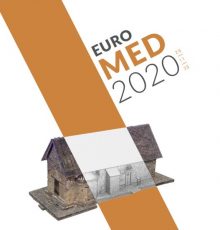
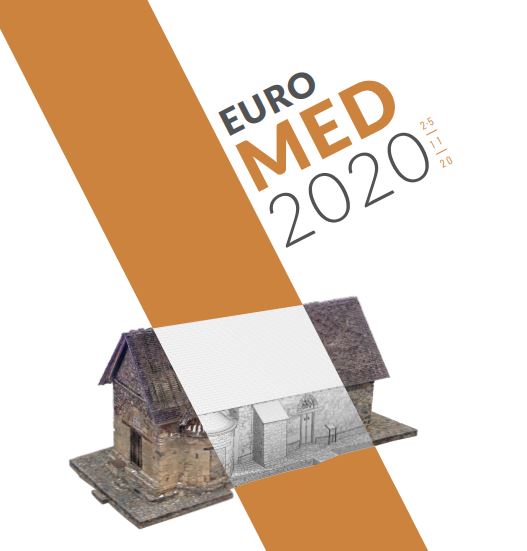 During the 4 days conference a rich and varied agenda of project’s presentations and workshops have shown new ways to conceived and manage cultural heritage, new challenges for digitization to foster engagement and social participation as well as new horizons to support the resilience of culture in its intangible and tangible dimensions. The richness of the proposals had literally stuck participants to their videos during all day long. The event gathered 1063 participants from 77 different countries from all the continents of the world.
During the 4 days conference a rich and varied agenda of project’s presentations and workshops have shown new ways to conceived and manage cultural heritage, new challenges for digitization to foster engagement and social participation as well as new horizons to support the resilience of culture in its intangible and tangible dimensions. The richness of the proposals had literally stuck participants to their videos during all day long. The event gathered 1063 participants from 77 different countries from all the continents of the world.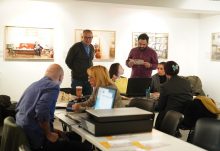
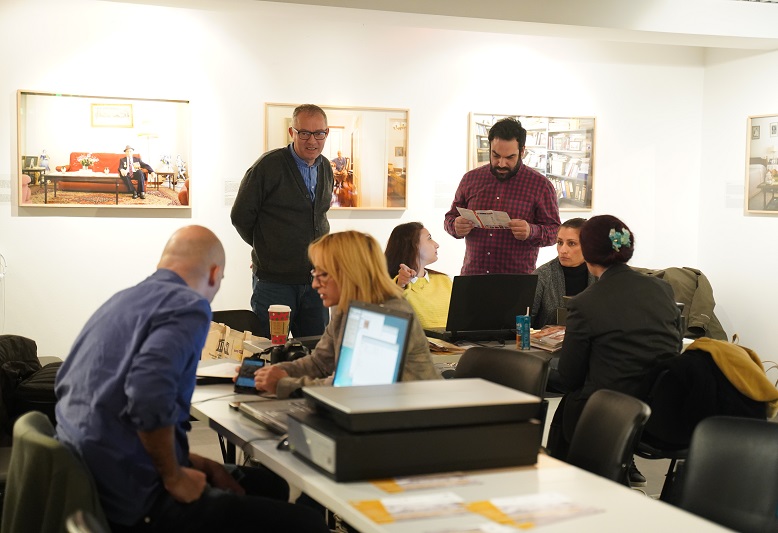


 A very intense period for the REACH project the one between the end of October and the beginning of November: 2 on line events provided the occasion to present the results of the REACH project activities and to increase its network.
A very intense period for the REACH project the one between the end of October and the beginning of November: 2 on line events provided the occasion to present the results of the REACH project activities and to increase its network.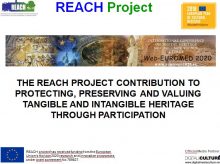
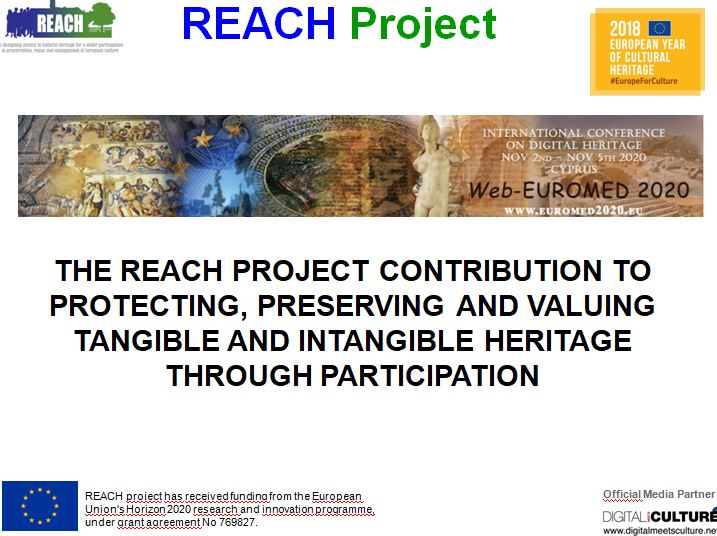 In the framework of the storytelling session of Euromed 2020 conference, the social platform of the REACH project will leave its contribution presenting a short speech titled “The Reach Project Contribution to Protecting, Preserving and Valuing Tangible and Intangible Heritage through Participation”
In the framework of the storytelling session of Euromed 2020 conference, the social platform of the REACH project will leave its contribution presenting a short speech titled “The Reach Project Contribution to Protecting, Preserving and Valuing Tangible and Intangible Heritage through Participation”






